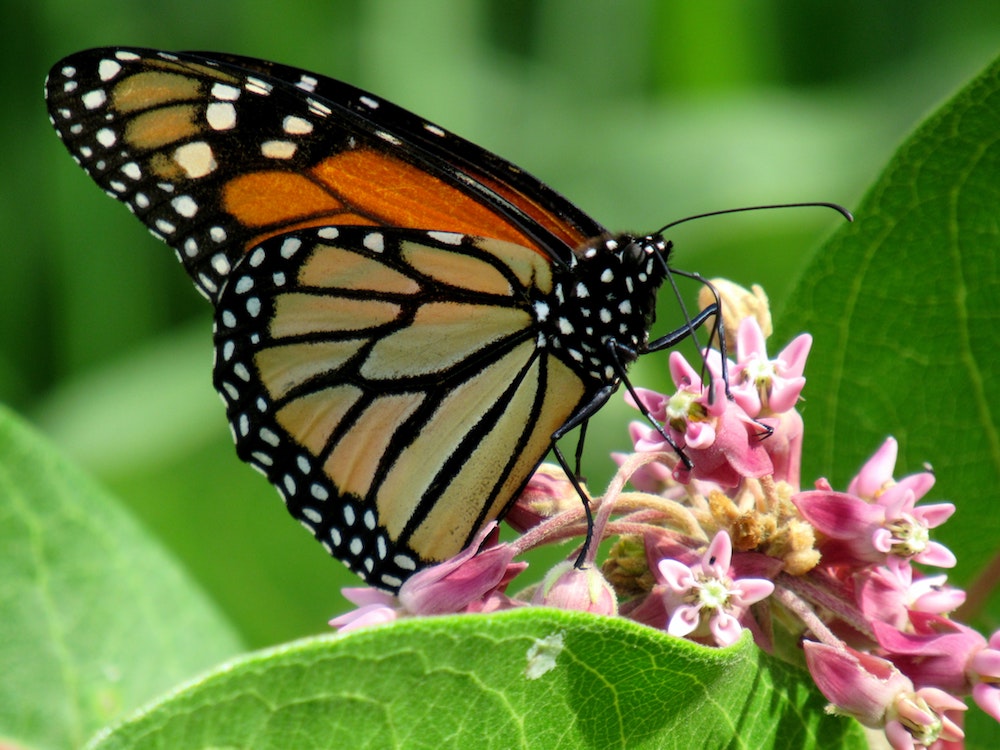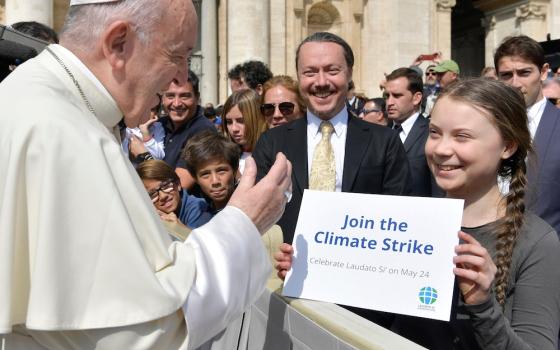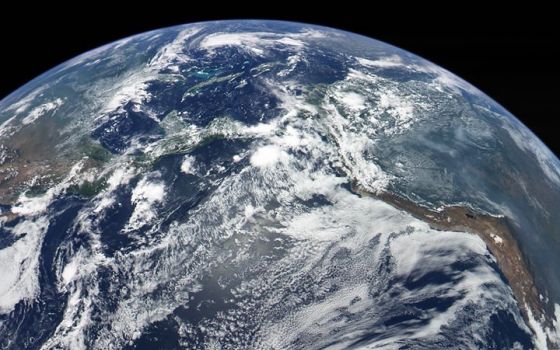
(Chi Girls/Unsplash)
Editor's note: In his Lenten "Reflections on the Care of Creation," Fr. Emmet Farrell examines our impact on the planet and our responsibility, as people of faith, for our common home. You can sign up here to receive Fr. Farrell's reflections in your inbox every Monday, Wednesday and Friday from Feb. 17 to April 2.
See:
Up to a million species on Earth are at risk of extinction because of human activities, according to a United Nations report. The reasons for the mass extinction include shrinking habitat, illegal hunting, climate change and pollution, and the Natural Resources Defense Council adds that the pace of species loss "is already tens to hundreds of times higher than it has been on average over the last 10 million years." Many experts say a "mass extinction event" —only the sixth in the last half-billion years —is already under way.
In the Amazon Basin, scientists fear that half the tree species — including some that bear fruit that is commercially valuable to local communities, such as the Brazil nut and açai — could be headed for extinction.
Insects around the world are disappearing in what some have dubbed an "insect apocalypse," although some scientists say the picture is more nuanced, because most studies have been regional. One of the key culprits is urban sprawl that destroys insects' natural habitats, they say. The numbers of monarch butterflies, which migrate an astonishing 2,000 miles between Mexico and Canada, are plummeting, probably because of a combination of habitat loss and use of pesticides and weed killers that decimate their food supply.
Bird populations in North America have also dropped by about 3 billion, or 30%, since 1970. That has a ripple effect on other species, because birds eat insect pests and help scatter plant seeds. The main reason is probably loss of habitat due to agriculture, urbanization and deforestation, although increased use of pesticides and the massive reduction in insect numbers worldwide also likely play a major role.
In 2019, a group of scientists proposed a "Global Deal for Nature," arguing that the world's most biologically diverse areas are also among those that store the largest amounts of carbon, so protecting biodiversity — which would stem the loss of species of animals, plants, insects and other living things — would also help reduce the greenhouse gas emissions that cause climate change.
Advertisement
Judge:
Each year sees the disappearance of thousands of plant and animal species which we will never know, which our children will never see, because they have been lost forever. The great majority become extinct for reasons related to human activity. Because of us, thousands of species will no longer give glory to God by their very existence, nor convey their message to us. We have no such right. (Laudato Si', 33)
You visit the earth and cause it to overflow; You greatly enrich it; The stream of God is full of water; You prepare their grain, for thus You prepare the earth. You water its furrows abundantly, You settle its ridges, You soften it with showers, You bless its growth. (Psalm 65:9-13)
I have set before you life and death, blessings and curses. Choose life so that you and your descendants may live. (Deuteronomy 30:19-20)
I now establish my covenant with you and with your descendants after you and with every living creature that was with you —the birds, the livestock and all the wild animals, all those that came out of the ark with you — every living creature on earth." (Genesis 9:9-10)
Act:
- Talk with a friend about what it will mean for future generations to live without knowing many of the species of plants and animals that are on Earth today.
- Consider inviting a speaker from the Audubon Society to talk about risks to bird species due to chemicals and climate change.
- Include creation care in your daily prayer routine or read one of the prayers at the end of Laudato Si'.






